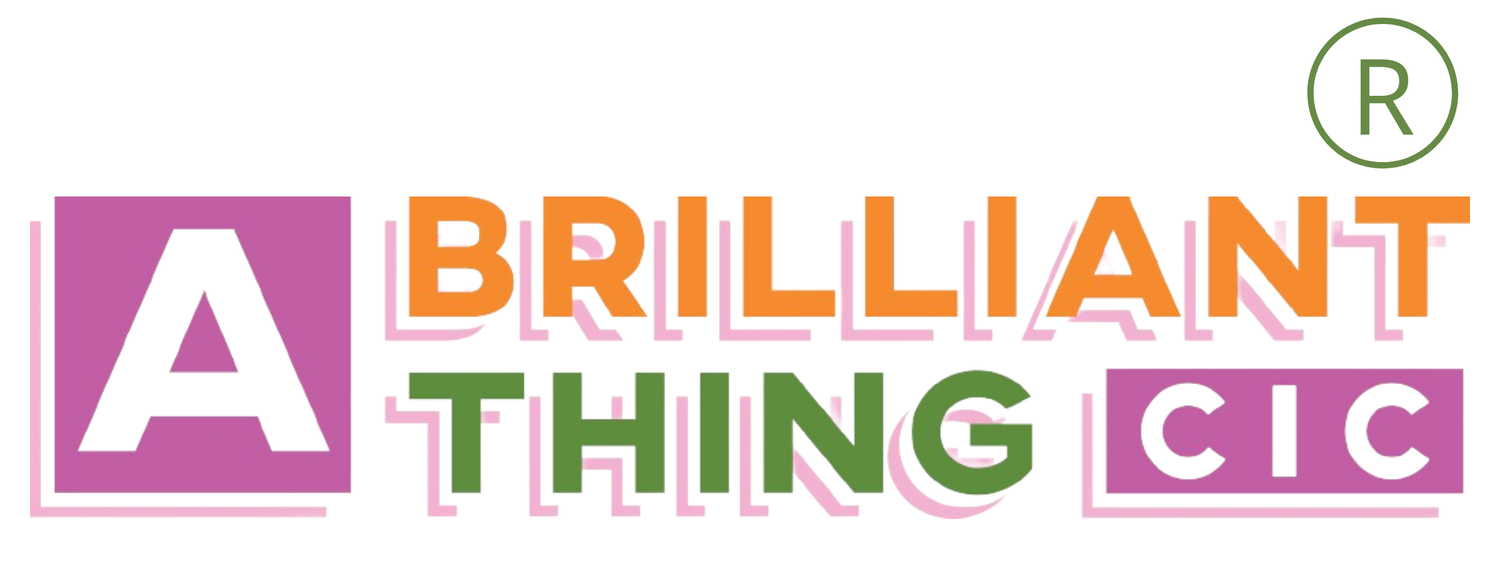A Toolkit for Every Role
In the landscape of community work, each role comes with its unique challenges and responsibilities. Maybe you are a charity worker, faith based leader, decision maker or active citizen. Or may you just care about your neighbours or spend your days in the office planning your next community event. Trauma informed practice is useful in all roles, but there is a lot of information and things to consider. Recognising this, we've put together some pathways linked to specific roles, to guide you in developing your trauma-informed practice.
Find the pathways with links to resources here and read a bit more about the resources below.
Charity Worker
The Importance of Supportive Spaces Create environments that nurture well-being, ensuring spaces are supportive and understanding.
Supporting Yourself Prioritising self-care. Equipping yourself with tools to manage the emotional toll of your work.
Post Traumatic Growth - Visual and Video Explore how visual and video content can amplify your message and engage the people you support.
When to Offer Support - Flashcards Recognize cues for providing appropriate support.
Compassion Fatigue - Flashcards Understanding and managing the impact of your work on your wellbeing.
Community Challenges - Participants, Environment, and Data Consider participants, environmental factors, and relevant data, aligning with community needs.
Social Entrepreneur
Ways to Influence Change Explore strategies for effecting positive change in your community. As a social entrepreneur, your innovative approach can drive impactful and lasting results.
Creative Campaigning and Advocacy Utilise creativity to amplify your campaigns, capture attention and mobilize support.
Trauma Informed Project Planning Integrate trauma-informed practices into your project planning and make sure your initiatives are sensitive and responsive to the community's needs.
Community Organisation Leader
Group Contracts - Multi-Stakeholder Contract Multi-stakeholder agreements provide a solid foundation for collective efforts and shared responsibilities.
Community Challenges - Policies, Leaders, and Teams A holistic approach ensures the resilience and sustainability of community organisations.
Policies and Procedures Checklist Maintain transparency and accountability with a comprehensive checklist for policies and procedures.
Living Audit - Tracking Tool Regularly assess the impact of your work with a living audit.
Recruitment Considerations Ensure your team reflects the diversity and values of the community. Thoughtful recruitment practices contribute to a more inclusive and trauma informed organisation.
Frontline Practitioner
Emotional Literacy - Flashcards Navigate complex interactions with empathy and insight.
Post Traumatic Growth - Actions and Ideas Facilitate post-traumatic growth through actionable ideas.
Reflective Practice and Compassionate Teams A supportive work environment enhances the well-being of practitioners and those they serve.
Cultural Considerations and Cultural Challenges and Support Sensitivity to diverse backgrounds ensures inclusive and respectful interactions.
Group Contract - Peer Support Agreement for Sensitive Topics Establishing trust within groups dealing with delicate issues is crucial for meaningful discussions.
Volunteer
Trauma Informed Practice - Infographic Empower though learning to engage respectfully and effectively in volunteer roles.
Lived Experience Volunteers bring unique perspectives that enrich the support provided to the community, its helpful for volunteers to recognise their value.
Where to Access Training Continuous learning ensures they are well-equipped for their roles.
Resilience Roadmap - Infographic Volunteers navigating challenges can benefit from a visual guide to support their well-being.
Commissioner
Trauma Informed Communities - Project Overview Commissioners have a role in implementing trauma-informed practices at a community level to contribute to supportive and resilient communities.
Whole System Approach Addressing interconnected factors ensures comprehensive and sustainable impact.
Resources Folder Here are some excellent resources that inspired us and can facilitate informed decision-making and efficient resource allocation.
Living Audit - Tracking Tool See how the living audit tracking tool assesses and supports successful community development.
Community Member
Trauma Informed Practice - Infographic Understand the principles of trauma-informed practice. As a community member, awareness helps you offer great support to your neighbours and community.
Supporting Yourself Prioritise self-care within the community.
These pathways and resources aim to empower you in your specific role, building a community where trauma-informed practices thrive. Whether you're a charity worker, social entrepreneur, community organisation leader, frontline practitioner, volunteer, commissioner, or a community member, your commitment to trauma-informed practices contributes to a resilient and supportive collective.

